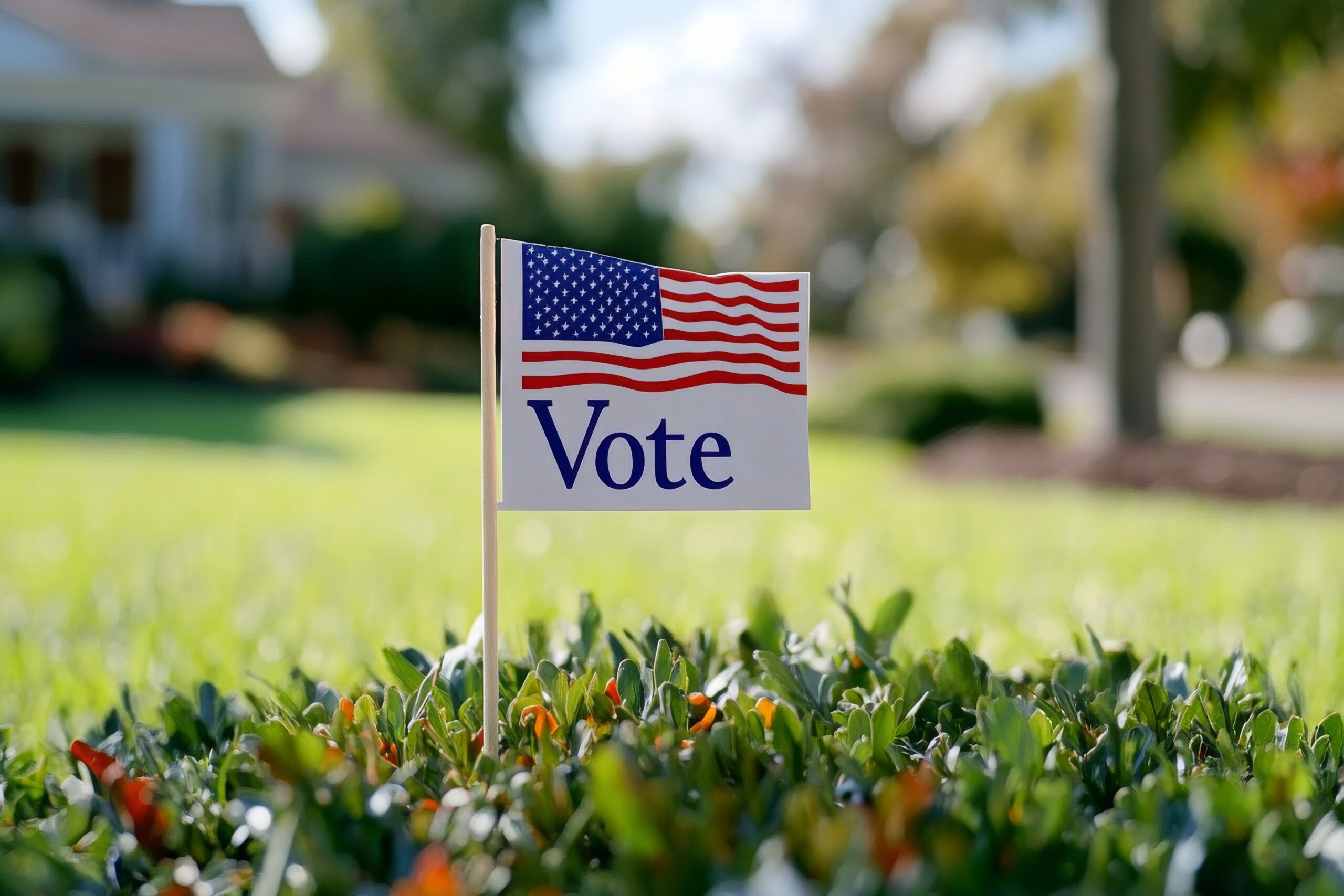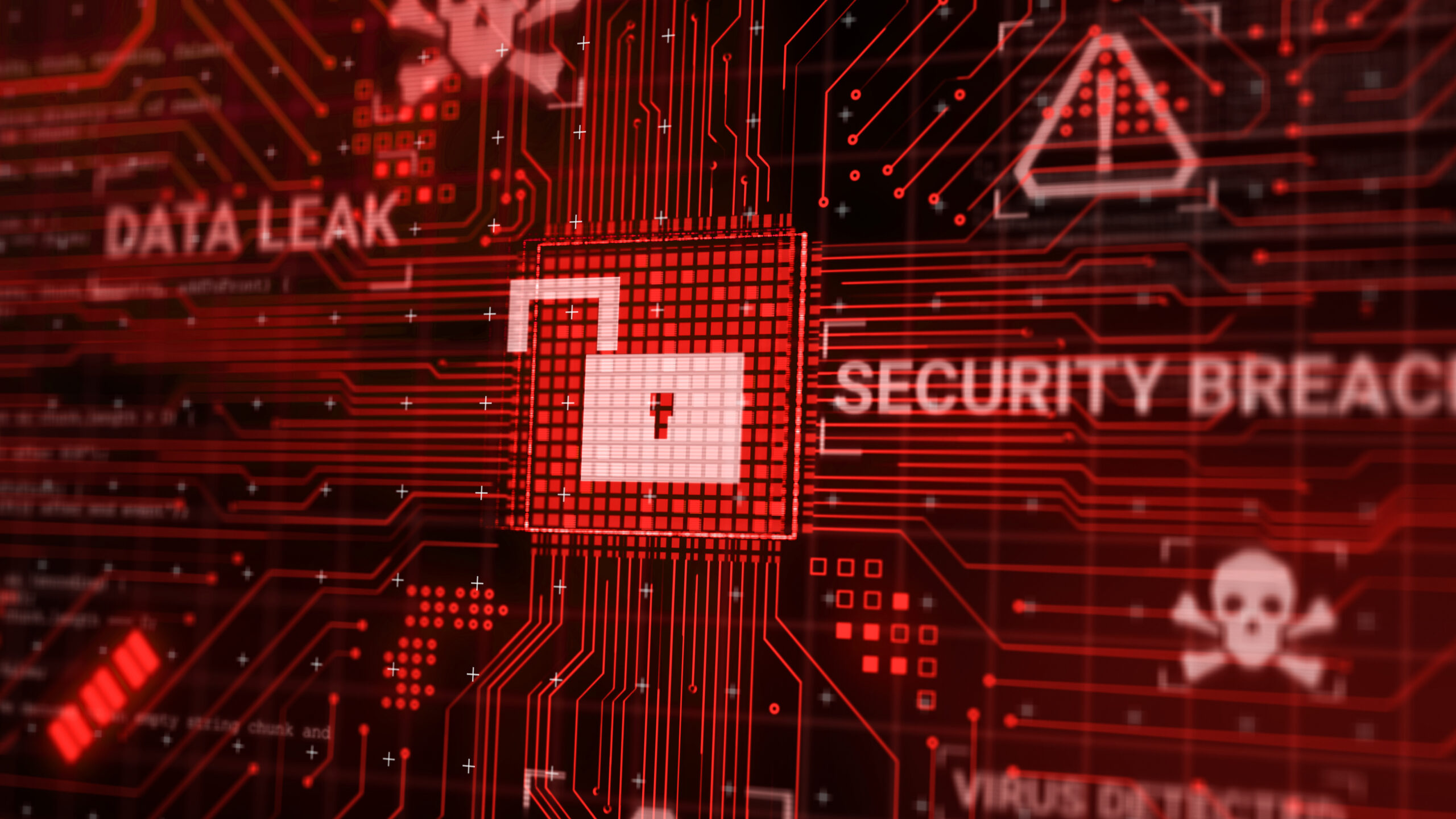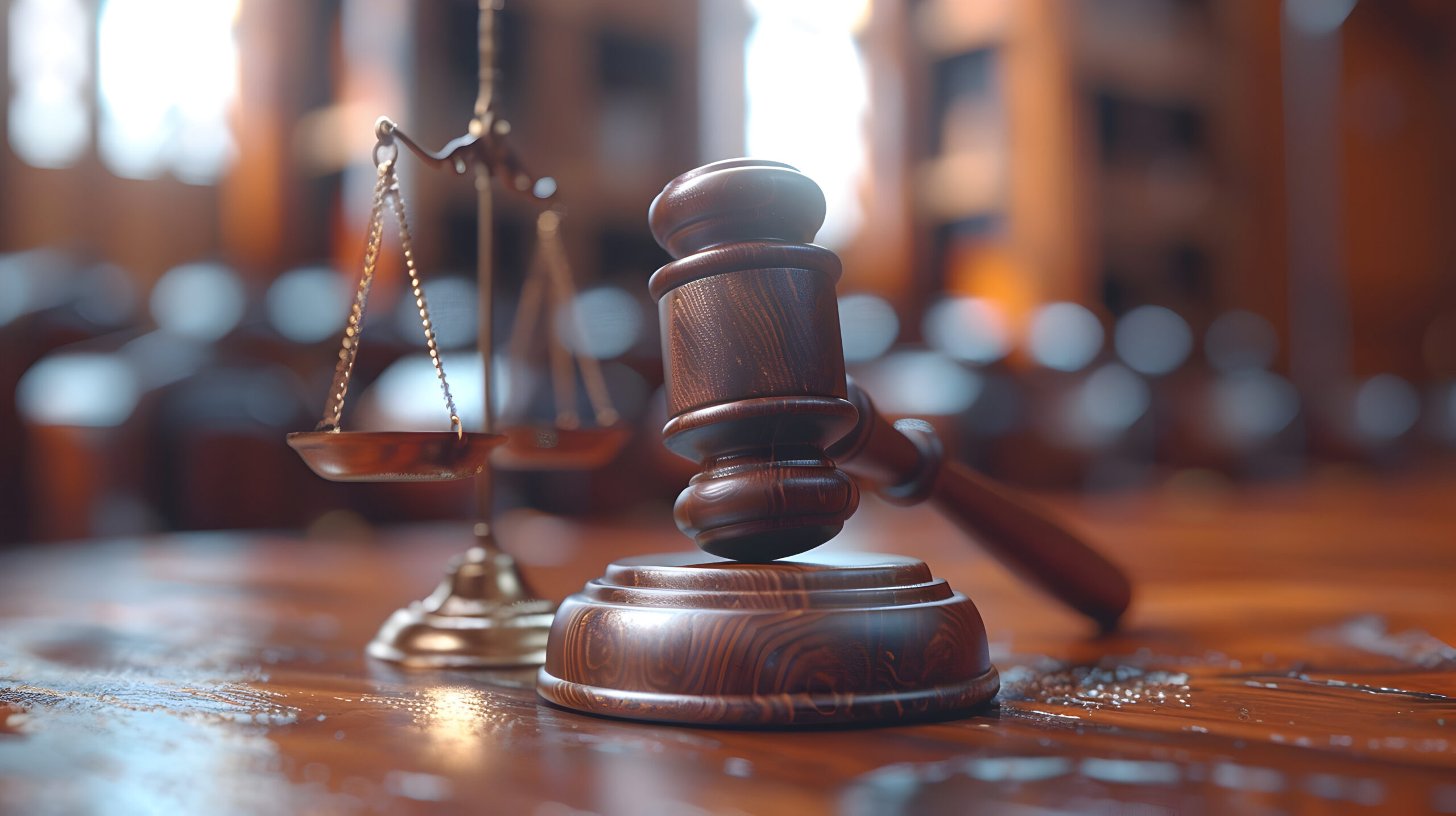 FLB LAW
FLB LAW  MAY. 20, 2020
MAY. 20, 2020
(Updated April 24, 2020) On April 20, 2020, Pennsylvania Governor Tom Wolf signed Senate Bill 841 into law and announced the first few incremental changes toward opening up Pennsylvania after its shutdown to help prevent the spread of COVID-19. Governor Wolf announced the restart of construction projects statewide starting Friday, May 1, curbside pickup of wine and spirits at select Pennsylvania Liquor Control Board locations beginning April 20, 2020 and the authorization of online motor vehicle sales pursuant to the new rules for notary publics contained in Senate Bill 841.
In addition to these announcements, Senate Bill 841 does the following:
Reauthorizes the Pennsylvania Health Care Cost Containment Council and requires it to study the impact of COVID-19 on hospitals and health systems.
- Pennsylvania Health Care Cost Containment Council is an independent state agency responsible for collecting and analyzing data about the cost and quality of health care in the state, as well as studying issues that affect access to care.
Allows the governing bodies of all Pennsylvania political subdivisions (county, township, borough, city, authority) during the statewide emergency declaration to conduct business by means of an authorized telecommunication device (e.g., one that permits at least audio communication).
- Such governing bodies are not required to have a quorum physically present if a quorum is otherwise established through an authorized telecommunication device.
- To the extent practicable, the governing body should allow for public participation during remote meetings through an authorized telecommunication device or written comments submitted via U.S. Mail or an email account designated by the public entity.
- To the extent practicable, advance notice of the meeting must be posted on the entity’s website, or in a newspaper of general circulation, or both. Draft minutes of any public meeting called without public notice to address an issue relating to COVID-19 must be posted within 20 days or before the next regularly scheduled meeting, whichever is earlier
Tolls (i.e., suspends) statutory review periods for subdivision, land development, conditional use, special exception, and zoning applications, as well as any other applications that fall under the Development Extension Permit Act, for 30 days from the effective date of the legislation.
- The start of the tolling period is March 6, 2020 (the date of the Governor’s disaster emergency declaration), or the date of the receipt of the application if it is received during the period in which the disaster emergency declaration is in effect. The tolling period ends 30 days from the effective date of Senate Bill 841.
- Notice should be given to any applicant of the tolling provision and the applicant’s right to request a meeting or hearing during the period in which the disaster emergency declaration is in effect. It is entirely within the discretion of the public entity to grant such a request by the applicant, and if it does, public notice should be given at least five days prior to such a meeting by posting on the entity’s website, or by publication in a newspaper of general circulation, or both.
Provides property tax relief by allowing taxing districts to waive late fees and penalties for property taxes paid by December 31, 2020.
- A Taxing District, by majority vote and resolution of its governing body, may do either of the following with regard to the collection of property tax that would otherwise be due December 31, 2020:
- Collect the tax at the Taxing District’s prescribed discount rate by August 31, 2020
- Waive any fee or penalty otherwise associated with the late payment of the tax, if paid in full by December 31, 2020
- A Taxing District that elects to do either of the foregoing must deliver the resolution to the tax collector for the taxing district within 30 days of Senate Bill 841’s effective date.
Allows school districts to renegotiate contracts with service providers to ensure payment of personnel and fixed costs during the school closure.
- Senate Bill 841 essentially gives school districts blanket authorization to renegotiate their contracts with third-party service providers solely for the purpose of allowing districts to pay their employees and fixed costs. The Bill also imposes a documentation requirement on the third-party service providers.
Allows remote notarization of documents if various requirements are met.
- A notary public must notify the Department of State of his/her intent to perform services for a remotely located individual, and identify the technology used, which must conform to either the communication and identity proofing technology set forth in the Department’s March 25, 2020, notice or any additional technologies recognized by the Department.
- For remotely located individuals within the United States, a Pennsylvania notary may use communication technology, provided that he/she: (1) has personal knowledge of the individual’s identity; (2) has satisfactory evidence of that individual’s identity by oath or affirmation of a credible witness; or (3) is able to reasonably identify the individual by at least two different types of identity proofing processes or services. Separately, the notary must be able to reasonably identify the record before him/her as the same as before the remotely located individual.
- In addition to the above requirements, the notary must create an audio-visual recording of the performance of the notarial act, including all interactions between the notary and the remotely located individual, and retain the recording for at least ten years.
- The certificate of notarial act required by 53 Pa.C.S. §315 and the short form certificate required by 53 Pa.C.S. §316 must indicate that the notarial act was performed by means of communication technology.
- The provisions relating to notary services expire automatically 60 days after termination of the Governor’s disaster emergency declaration.
Pennsylvania is likely to continue incrementally enacting legislation to open up the state so long as management of the COVID-19 pandemic continues to be effective locally and nationally. Our team is here to provide continuing updates and aid clients in compliance efforts as Pennsylvania continues to make changes during this novel and ever-evolving situation. Please contact us using the form below, or give us a call at 610-797-9000. We wish you well during these extraordinary times.









